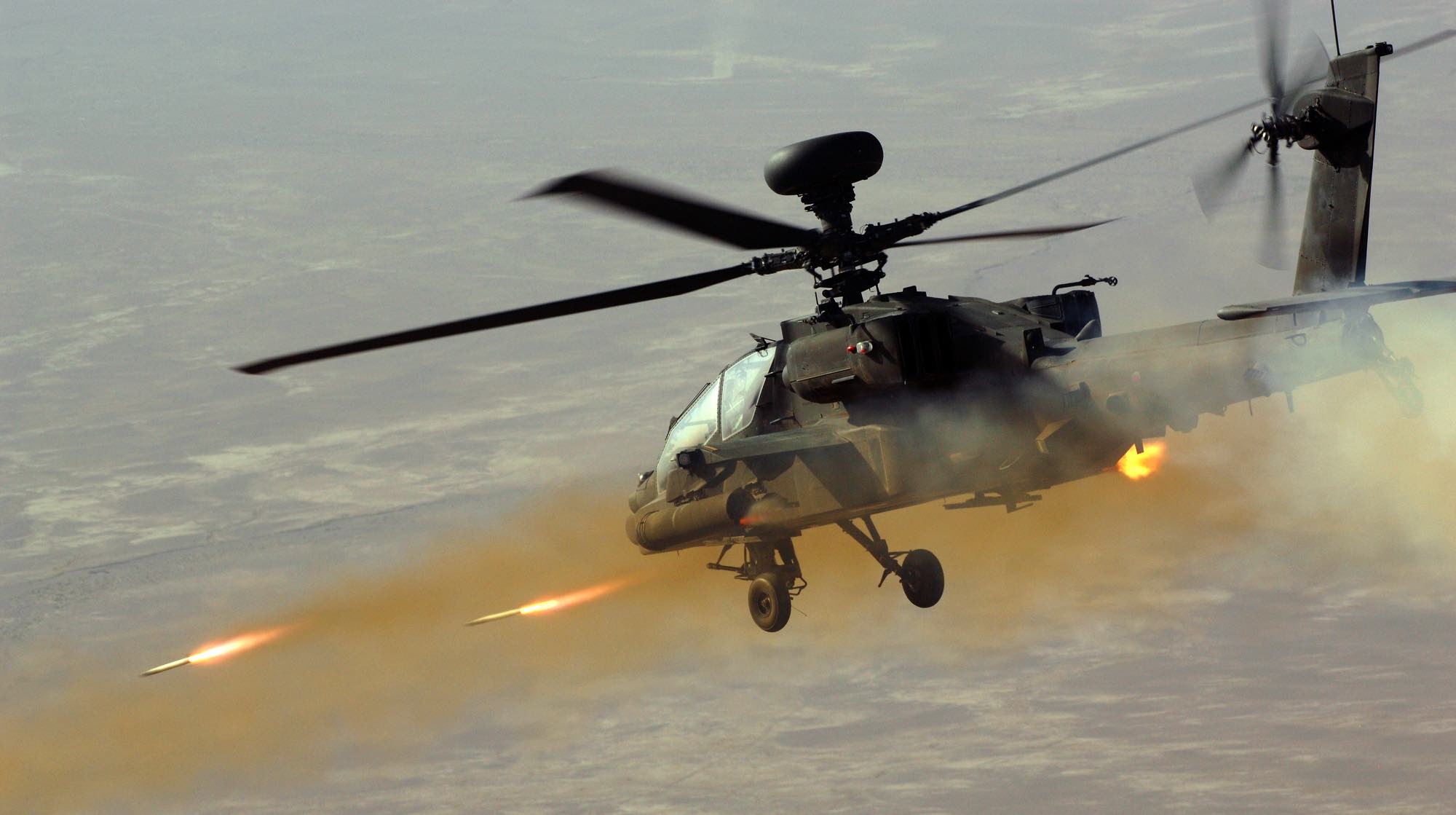


Thirty Apache helicopters, thousands of armoured assault vehicles, and hundreds of millions in spare parts may strengthen Israel’s battlefield position — but they also risk inflaming political and diplomatic divides already running raw.
For President Trump, the logic is straightforward. Israel remains America’s closest ally in a volatile region, and ensuring its qualitative military edge has been a bedrock of U.S. policy for decades. Advanced equipment, the argument goes, deters adversaries, reassures an ally under fire, and bolsters America’s influence. Few Republican lawmakers will dissent from that reasoning.
But in today’s Washington, this is no longer a bipartisan consensus. More than half of Senate Democrats opposed earlier weapons transfers to Israel this year, citing the humanitarian toll in Gaza. Public opinion has shifted too: younger Americans, especially, are far less comfortable with unconditional support. Congress, therefore, may not simply rubber-stamp this sale. Hearings, amendments, or demands for stricter oversight are almost certain.
Internationally, the optics are no less delicate. The deal is being advanced just ahead of the UN General Assembly, where the Gaza war will dominate the agenda. To much of the world, this looks like America doubling down on hard power while international institutions plead for restraint. Allies in Europe will quietly wince; adversaries in the Middle East will cite it as proof that Washington cannot act as an honest broker.
The irony is that U.S. leverage could be stronger if it were wielded conditionally. Rather than an open-ended arms pipeline, the White House might have tied deliveries to tangible progress: on humanitarian access, on ceasefire arrangements, or on credible steps toward long-term security guarantees. Such conditions would not weaken Israel’s defence; they would give Washington a firmer hand in shaping how weapons are used.
Instead, the administration has chosen the blunt route. The gamble is that firepower alone can stabilise a crisis. Yet history suggests the opposite: more arms rarely calm a battlefield already raging.
Congress now faces a choice. To approve the package outright is to endorse the belief that America’s role in the Middle East is to supply weapons first and ask questions later. To scrutinise and condition it is to accept that U.S. influence carries responsibility as well as loyalty.
The sums are vast, but the stakes are greater still. This deal will not merely furnish Israel with hardware; it will help decide whether America is seen as a stabilising power, or as a patron indifferent to the consequences of its largesse.
Main Image: By Photo: Staff Sergeant Mike Harvey/MOD, OGL v1.0, https://commons.wikimedia.org/w/index.php?curid=26870964
You must be logged in to post a comment.
Silent Depths, Growing Threat: Why China-Russia Joint Submarine Patrols Must Wake the West